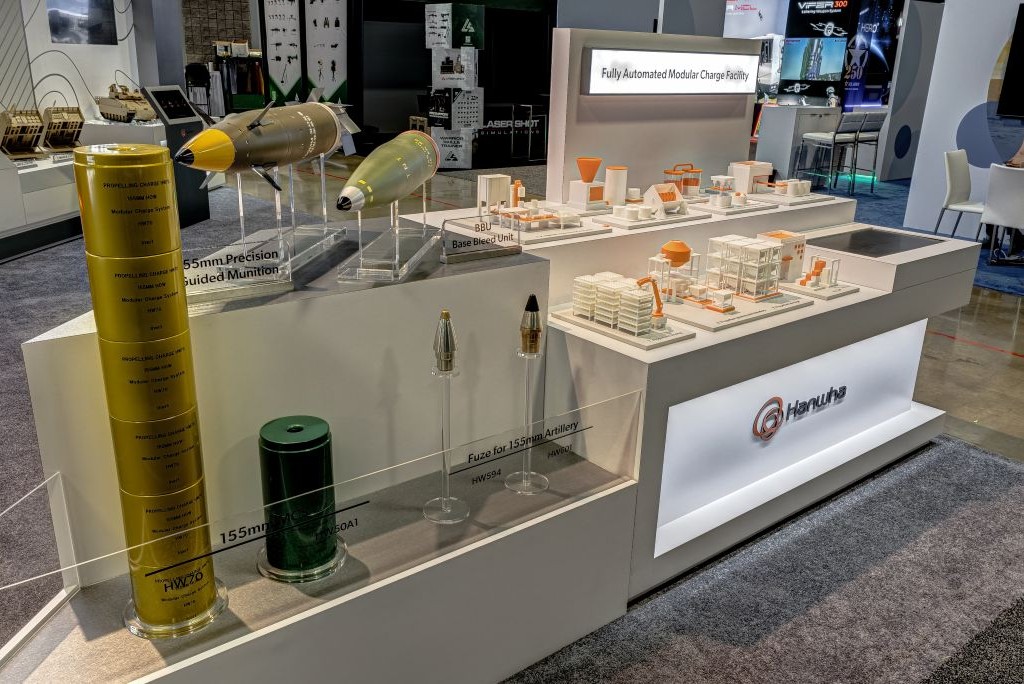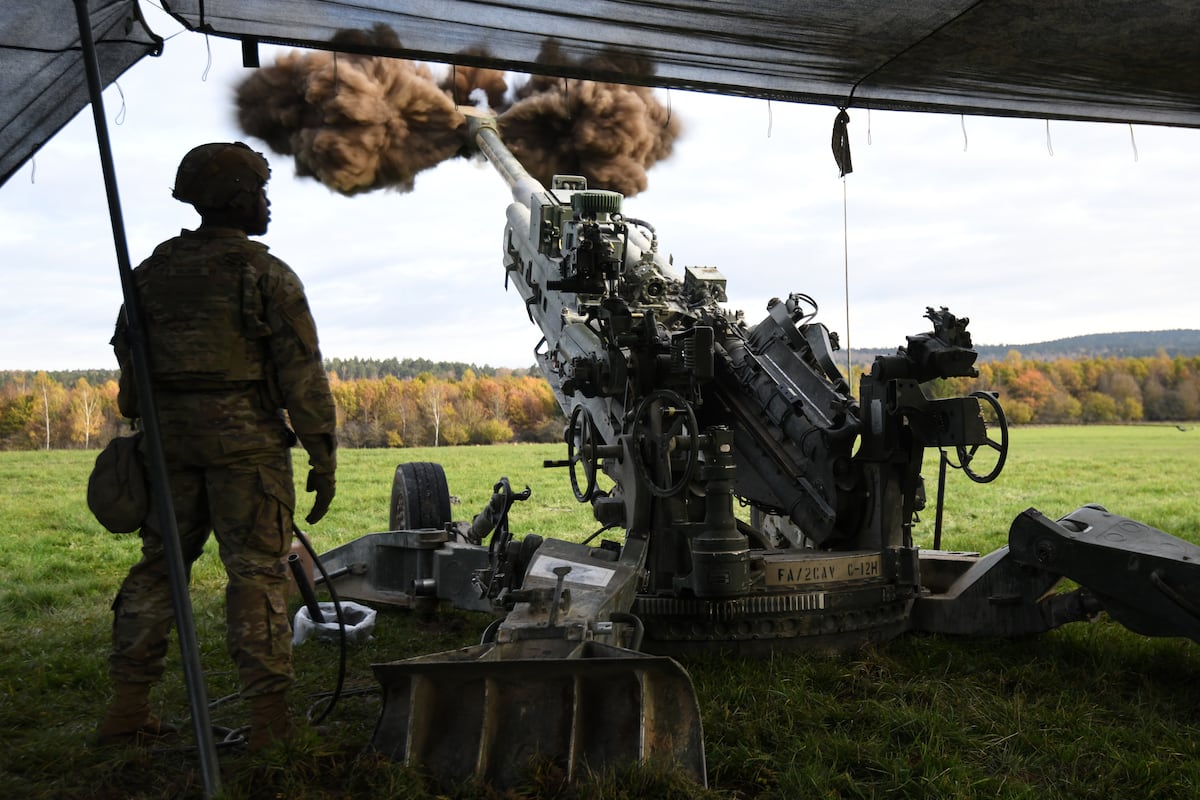Taiwan and AeroVironment Forge Strategic Partnership in Autonomous Systems
Overview of the Collaboration
The National Chung-Shan Institute of Science and Technology (NCSIST), Taiwan’s state-owned defense research and development entity, has entered into a memorandum of understanding (MOU) with AeroVironment, Inc. (AV), a U.S.-based leader in unmanned systems. This agreement, formalized during the Taipei Aerospace & Defense Technology Exhibition (TADTE) 2025 from September 18 to 20, aims to enhance Taiwan’s capabilities in autonomous technologies and unmanned aerial vehicle (UAV) systems.
Objectives of the Agreement
The partnership is designed to establish a framework for enhanced lifecycle management and sustainability of Taiwan’s unmanned systems and precision strike capabilities. Key objectives include:
- Support for UAV Operations: AV will provide expertise related to its Jump 20 and Jump 20-X vertical take-off and landing (VTOL) fixed-wing UAVs.
- Infrastructure Development: The focus will be on building systems that bolster readiness and resilience across Taiwan.
- Technical Training: AV plans to deliver training programs and sustainable operational processes to optimize NCSIST competencies.
Future endeavors are expected to involve collaborative development of autonomous systems and advancements in autonomy software, enhancing operational flexibility.
Technical Specifications of the Jump 20 and Jump 20-X
The Jump 20 UAV was designed primarily for naval operations, capable of executing intelligence, surveillance, and reconnaissance (ISR) tasks. Its modular architecture allows for the integration of third-party payloads, radios, and control mechanisms, thereby increasing its versatility in operational settings.
The Jump 20-X represents an advanced iteration of the platform, utilizing a 15 hp heavy fuel engine developed by Northwest UAV for improved forward flight performance. This UAV features an upgraded electrical generator, enabling enhanced power output for payload operations.
Strategic Implications
Justin McFarlin, Vice President of International Business Development at AV, emphasized the significance of this alliance, stating that it combines AV’s “combat-proven efficacy” with the innovative capabilities of NCSIST. He articulated that this collaboration will empower Taiwan to manufacture and sustain critical mission systems, thereby strengthening deterrence and enabling rapid responses to emerging security challenges.
Conclusion
The partnership between NCSIST and AeroVironment signals a major step in Taiwan’s commitment to enhancing its defense capabilities in the realm of unmanned systems. Through this collaboration, Taiwan aims to fortify its posture against evolving threats, ensuring operational effectiveness and sustainability in its defense initiatives.





